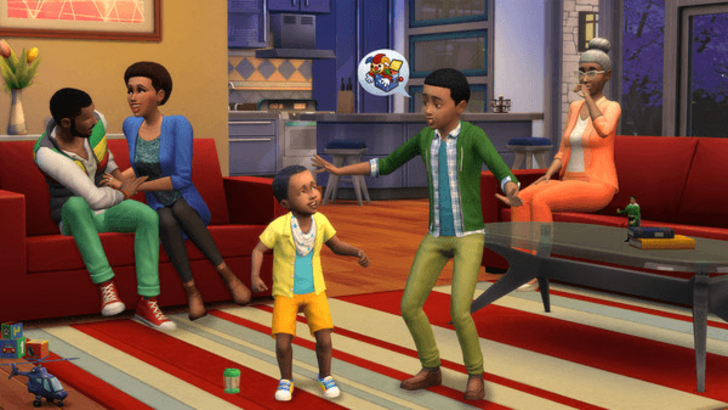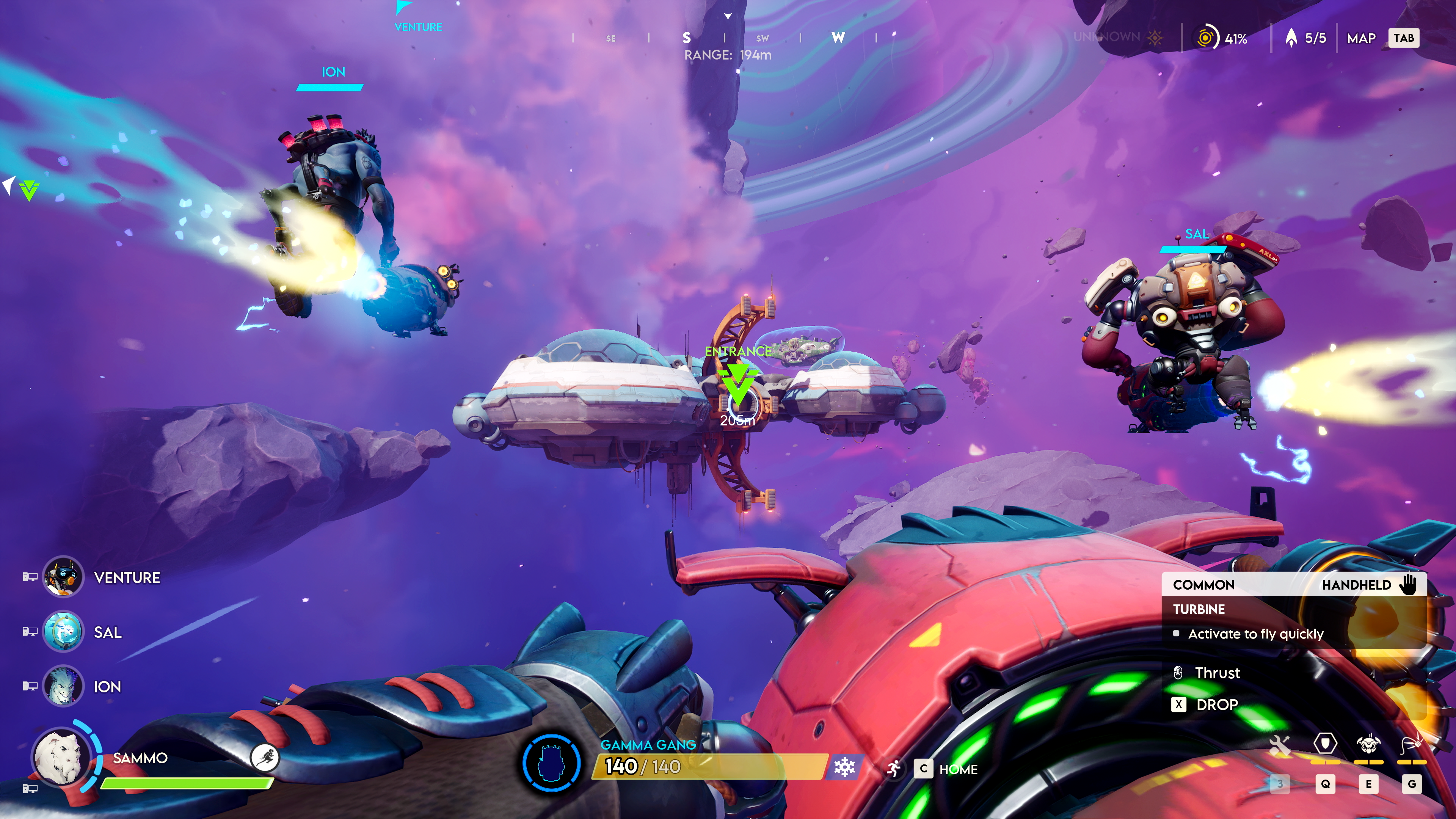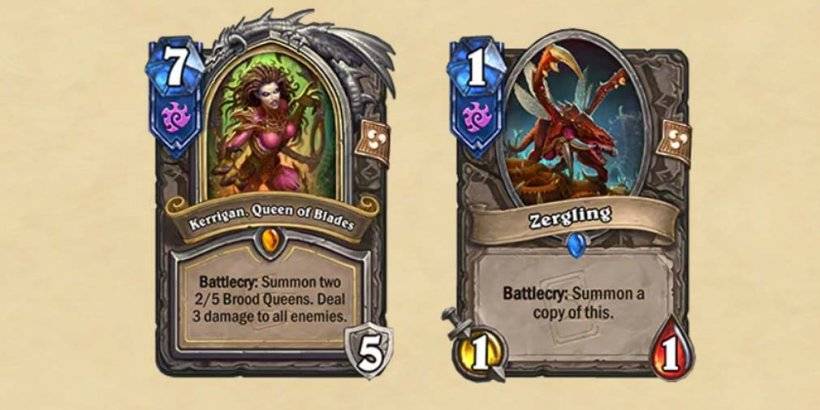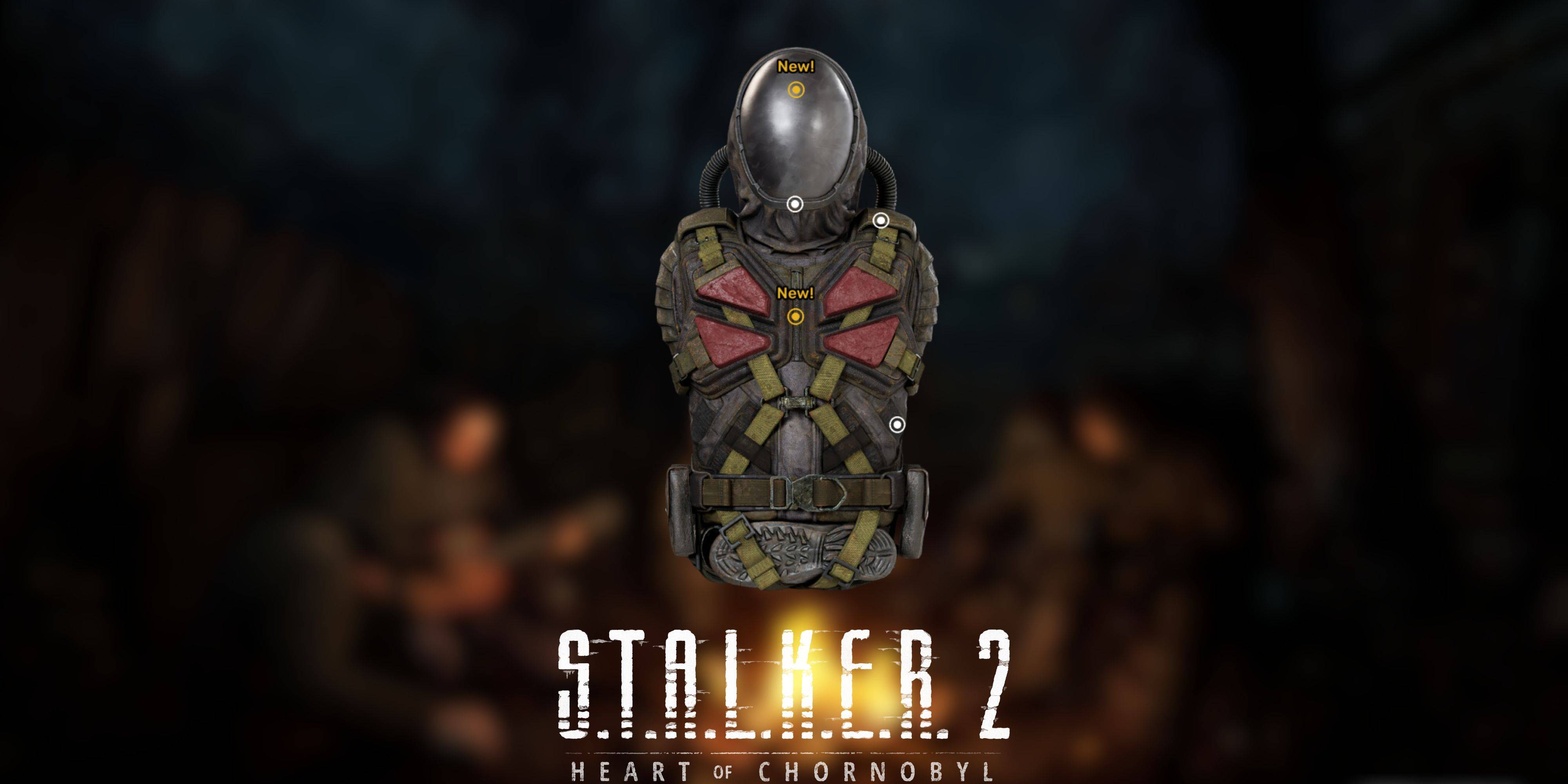NetEase's Marvel Rivals has proven to be a smashing success, amassing an impressive ten million players within just three days of its launch and generating significant revenue for the developer in the subsequent weeks. However, a recent report from Bloomberg sheds light on the precarious journey this game took to reach the market. According to the report, NetEase CEO and founder William Ding was on the verge of canceling the game due to his reluctance to invest in licensed intellectual property (IP).
Bloomberg's report outlines a broader strategy at NetEase aimed at tightening its portfolio in response to a recent decline in growth and intensifying competition from industry giants like Tencent and MiHoYo. This strategy includes significant job cuts, studio closures, and a withdrawal from international investments. As part of this restructuring, Ding reportedly considered scrapping Marvel Rivals to avoid the costs associated with using Marvel's licensed characters, even suggesting the use of original designs instead. The decision to proceed with the game, despite these reservations, reportedly cost NetEase millions, but ultimately led to its current success.
Despite the triumph of Marvel Rivals, NetEase's downsizing efforts continue. Earlier this week, the company laid off the Marvel Rivals team in Seattle, citing "organizational reasons." Over the past year, Ding has also halted investments in overseas projects, previously a focus area that included significant investments in studios like Bungie, Devolver Digital, and Blizzard Entertainment. The CEO's philosophy, as per the report, is that only games capable of generating hundreds of millions annually are worth pursuing, though a NetEase spokesperson clarified to Bloomberg that the company does not set "arbitrary blanket numbers" for game viability.
Internal challenges at NetEase are also highlighted in the Bloomberg report, with employees describing Ding's leadership style as volatile. He is said to make quick decisions, frequently change his mind, pressure staff to work long hours, and recently appoint numerous recent graduates to leadership positions. The report also suggests that Ding's decisions have led to the cancellation of so many projects that NetEase might not release any new games in China next year.
NetEase's retreat from game investments occurs amidst ongoing turbulence in the global gaming industry, particularly in Western markets. The sector has experienced multiple years of mass layoffs, game cancellations, and studio closures, coupled with the failure of several high-budget, high-profile games to meet company expectations.

























![City Devil: Restart [v0.2]](https://img.icssh.com/uploads/38/1719554737667e52b102f12.jpg)




